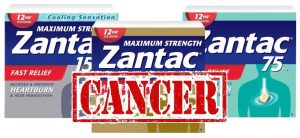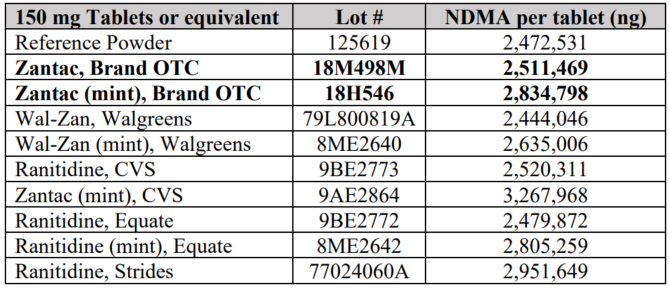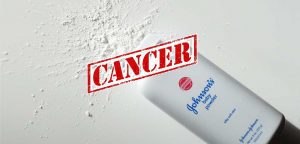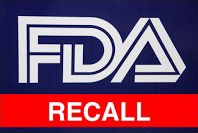
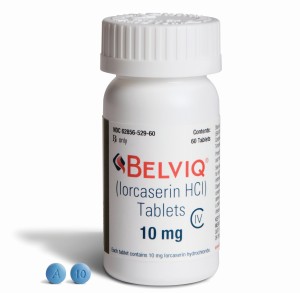
On February 13, 2020, the U.S. Food and Drug Administration requested the popular weight loss drugs Belviq and Belviq XR (the ‘extended release’ version) be recalled from the U.S. marketplace. The recall comes after clinical studies uncovered an unacceptable increased risk of developing pancreatic, colon, rectal, and/or lung cancer.
Available only by prescription, Belviq was first approved for weight loss and weight-related medical problems in 2012. Now the FDA believes the risk of developing cancer outweighs the purported benefits of the drug.
Our firm is currently investigating cases Nationwide where individuals took Belviq before being diagnosed with one of the following types of cancer:
- Lung Cancer
- Colorectal Cancer (including colon and rectal cancer)
- Pancreatic Cancer
If you or someone you know has been diagnosed with one of these forms of cancer after taking Belviq, contact us online or call us at 1-866-252-3535.
Do not stop taking any medication without consulting your healthcare provider.

